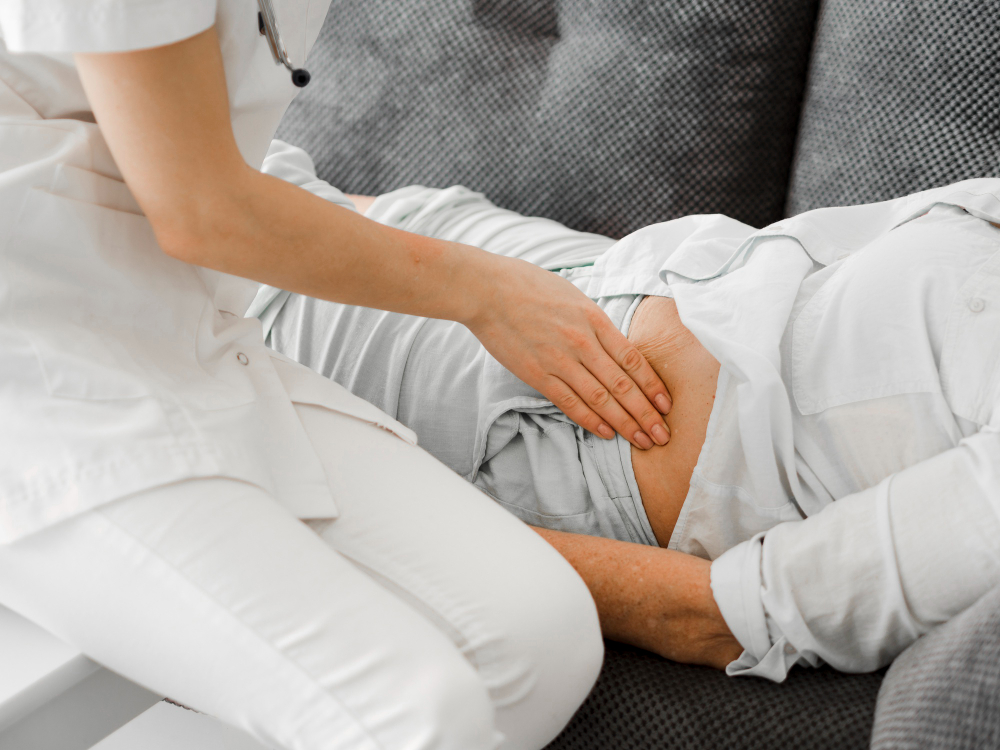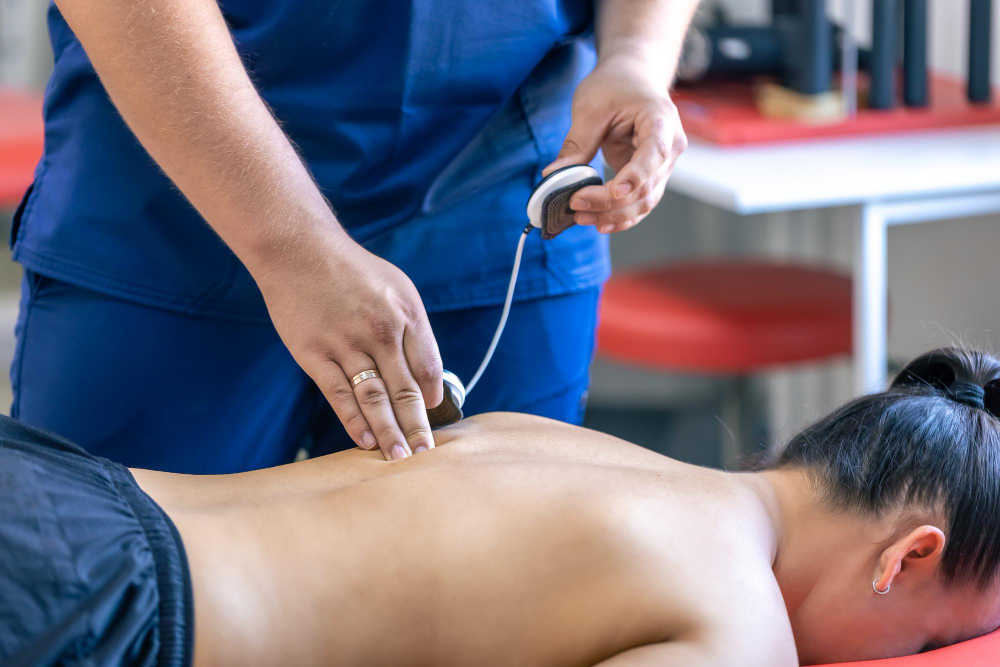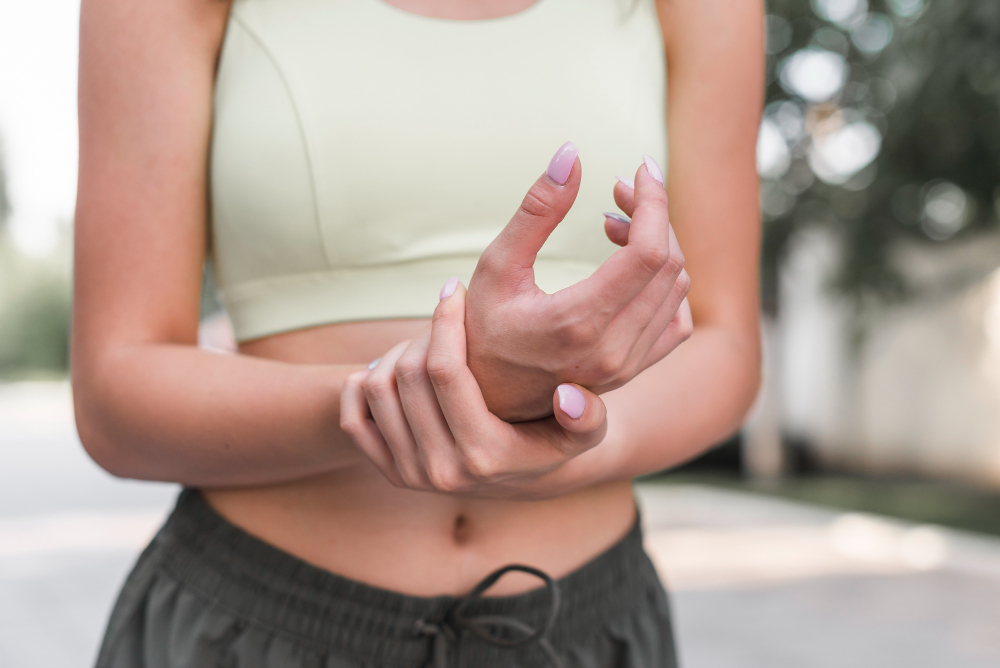Many pregnant women, especially during the last two trimesters, come to our clinics seeking treatment for their low back pain. Generally, the aches and pains from carrying around an extra 7- 8lbs will subside a few weeks after delivery. However, what we do seem to find though is that back pain often makes an unwelcome reappearance.
Each day you will pick up and carry your new baby, as well as lifting the vast amounts of paraphernalia, like car seats, that comes with having a new infant. In addition, as your baby grows and develops, the increase in weight can put even more strain on your lower back and neck causing further aches and pain.
Looking after your newborn places considerable stresses on your body. At first, you may be lifting your little bundle around 50 times a day, but once they reach a year old, you will probably be carrying around over a stone in weight. Two years on that will increase to around 30lb a child, so no wonder your back is protesting!!
Below are several ways that new mums can help reduce the possibility of injury and back pain. New dads are more than welcome to take on board some the following advice too!
8 ways to reduce back pain for new mums
1. Gentle Exercise
Start to do some form of gentle exercise soon after your baby is born (as long as your doctor or health visitor says it is alright for you to do so), in order to help reestablish muscle tone to the abdominal and back muscles. Use the time when your baby is sleeping to do some gentle stretching exercises each day. This will help regain some flexibility and mobility in your joints and muscles. Please note that if you had a Caesarian-section delivery, you must wait six weeks or until you get the go ahead from your doctor before you begin exercising.
2. Keep them close
Keep your baby close to your chest before lifting them – do not stretch your arms out – and try to avoid twisting your body.
3. Don’t bend when breast feeding
If you are breastfeeding it is important to bring your baby to your breast, rather than bending over them, as constantly leaning over in a slumped position throughout the day will increase the risk of neck and upper back pain. When nursing, sit in a firm, upright chair rather than a soft, unsupportive sofa.
4. Bend from your knees
Bend from your knees, not at your waist, when picking your little one up from the floor. Squat down, while tensing your stomach muscles and lift by using your leg muscles.
5. Don’t twist your back
Never stand outside the car and twist your back, while trying to put your child in their car seat. This places enormous amounts of stress on the spine and may even lead to disc problems. It’s better to get inside the car and kneel on the back seat, as you position the baby into the car seat, to avoid over rotating your spine.
6. Detach the high chair tray
If possible, detach the high chair tray when trying to put the baby in or take the baby out of the high chair.
7. Carefully lift your baby out the cot
When lifting your infant up out of their cot, make sure you lower the cot side down and gently pull them towards you. Never bend over the cot side when it is fully raised and lift the baby over the top.
8. Use a sling
When you are out and about it may be better to carry your baby in a ‘sling’ or ‘pouch’ at the front of your body, instead of on your hip, to keep the weight distribution balanced – carrying them on your hip without support can cause serious overloading to your back muscles, which in turn may lead to continuous aches and pain.
Back still hurting?
If you are pregnant, just given birth, or have young children and are suffering from any form of pain in your back, neck or pelvis, then please feel free to call or email your nearest clinic.
Our osteopaths and physiotherapists are on hand to assist in relieving your pain and can give you specific exercise programmes and lifestyle advice on how to avoid further problems.





